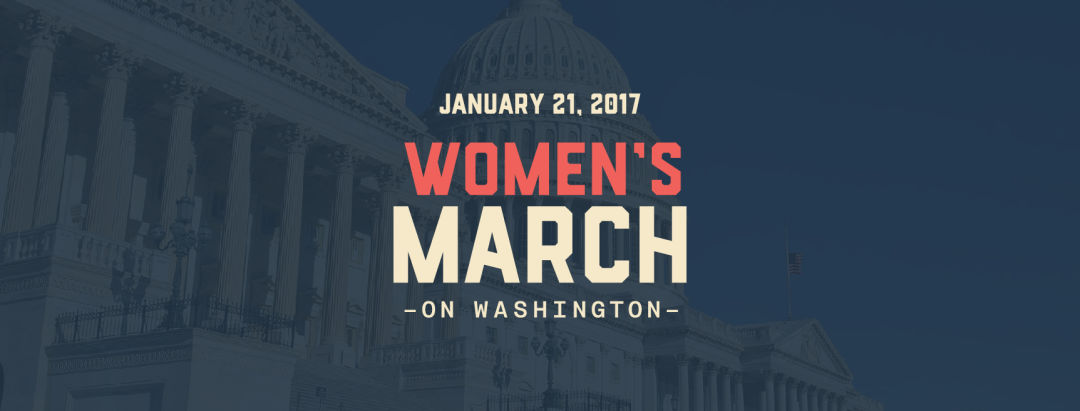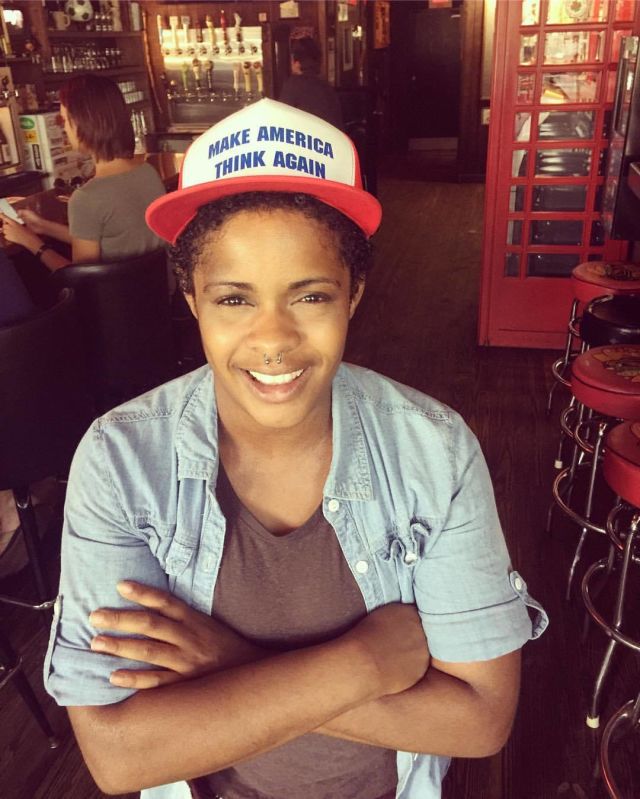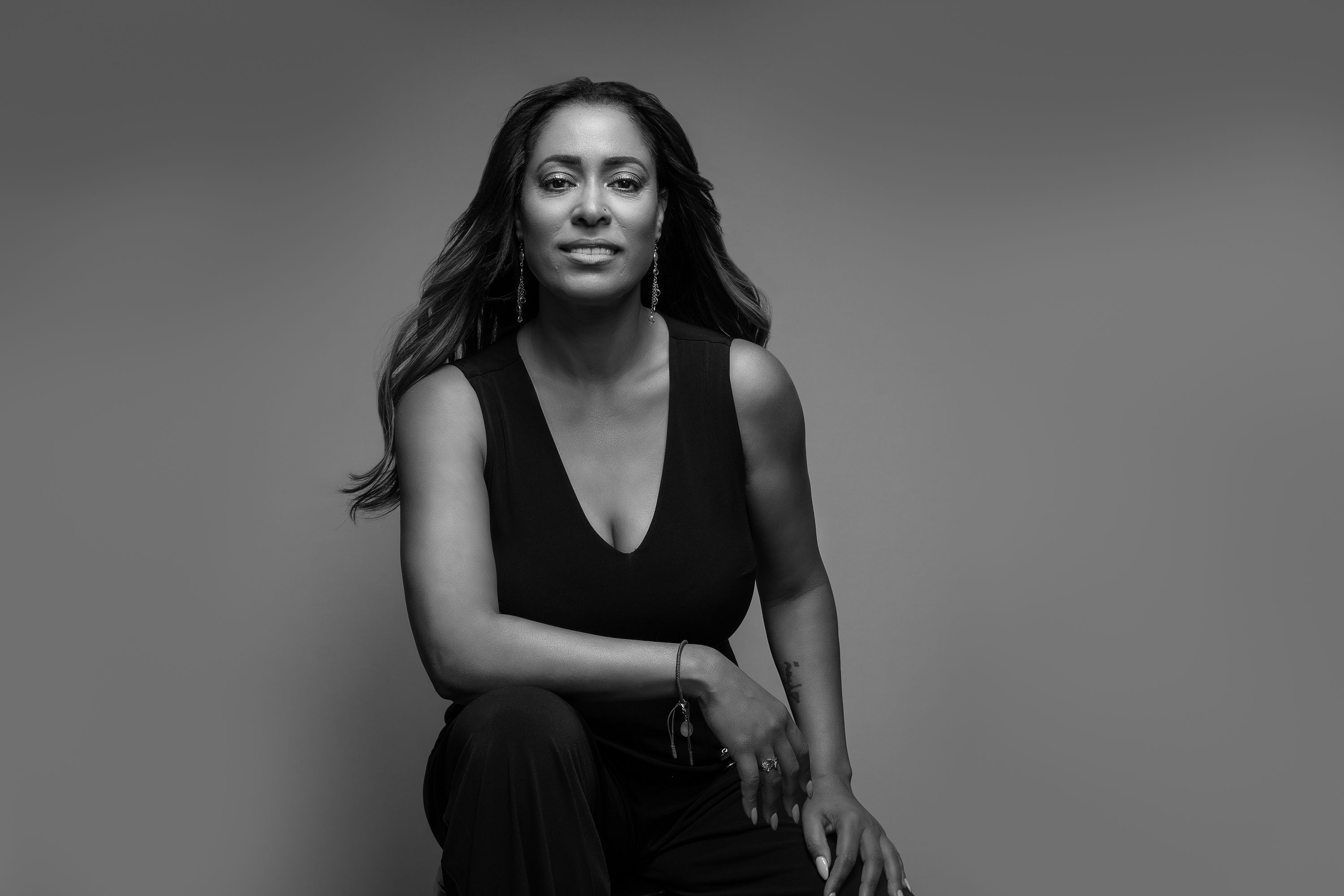Protesters Ready to Hit the Streets in D.C. and Here in Sarasota

Image: Courtesy Photo
As the Sarasota and Manatee County captain for the Women's March on Washington, Shakira Refos is on her way to D.C., helping lead fellow Floridians in a march expected to draw hundreds of thousands of people. She is a 32-year-old Netherlands native who spent much of her childhood in Florida and has been a resident of Sarasota for 15 years. She's a leader in the local chapter of Black Lives Matter, a lead volunteer on the Planned Parenthood Community Action Team, the MC for the Harvey Milk Festival the past five years and the director of education and research for the Sarasota Film Festival. We talked with her this week to learn her thoughts on the D.C. march, the local Women's Solidarity March at Bayfront Park that at noon Saturday, Jan. 21, and what she expects from a Trump presidency.

Shakira Refos
Image: Courtesy Photo
Sarasota Magazine: How many people do you anticipate partaking in the march?
Shakira Refos: There could be upwards of 500,000 women coming to D.C. Two thousand people are marching in the local Sarasota march.
Sarasota: Who is the march for?
Refos: Although the march is very political, it is not partisan. These are issues that affect all women.
I think there is room for people to continue to learn. A large part of why people are going is to learn what the issues are. The umbrella cause, women’s rights, is understood, but I think everyone is going to have an open mind. I think when they feel the power of everyone there and listen to their stories, I think that greater understanding will start to happen.
Sarasota: How did you get involved in the march?
Refos: The organizers of the Women’s March said that they were looking and searching for people to cover all the Florida counties. They asked for my credentials or my résumé and they gave me the position.
Sarasota: What are your responsibilities in the leadership position you are in?
Refos: I am the captain for Sarasota and Manatee counties, which basically means I distribute information about the march to the two counties. I answer any questions that people have on the Facebook page. I have promoted the event and held fundraisers. I go through scholarships for people who are being sponsored to go on the rally bus. I make arrangements with the state captain and the state captain answers to the national group.
Sarasota: How do the leaders and organizers communicate? How does this affect marchers?
Refos: We have state phone calls once, sometimes twice a week. It is really great, because issues that were brought to my attention locally, I would bring them to the state’s attention and national had an answer, and sometimes even a policy change, in response within the next few days. Local peoples’ voices were really heard.
Sarasota: As a leader, do you feel connected to the other leaders and to the greater march on whole?
Refos: Our state captain, Emma Collum, is a superhero. If I ask her a question, she will get back to me in five to 10 minutes. There are about 20 areas, and transportation areas, and all sorts of logistical questions, but she is always right there.
This thing got started in mid-November. It would be hard to plan an event in Sarasota in three months, let alone a national initiative. What connects me to everyone who is going is that all of these women have come together in such a short amount of time and organized the logistics to make it work extremely smoothly.
Sarasota: What are the attitudes in regards to the challenges of the march?
Refos: If you think about other historical marches, specifically Dr. Martin Luther King, Jr.’s march, they did that without the amenities of the Internet, Facebook and Google Docs. If they were able to organize that and show such a massive historical force, then we can handle a walk or a bus trip. I think everyone involved has that same attitude.
Sarasota: To you, what is the most important aspect of the march?
Refos: People starting to understand respect. Women who are marching, especially white feminists, understanding the struggle of other marginalized women. It is not just women who are going to be facing issues with the new administration, a very hostile administration, but even more it’s LGBTQ women and minority women. That there is solidarity in consideration of intersectionality. I hope there is more understanding of the struggles that minority women face on top of being women.
Sarasota: What is the goal of the march?
Refos: The mission of the Women’s March on Washington is to bring people of all genders and backgrounds together to take a stand on social justice and human rights issues that deeply impact all of us.
We believe that women’s rights are human rights. Many Americans fear that their voices will be lost, specifically on issues that impact women’s rights, immigrant rights, worker rights, reproductive rights, LGBTQIA rights, environmental rights, rights for all races and religious freedom.
This is not an anti-Trump protest. While the rhetoric of the campaign season deeply troubled us, we gather to offer a statement affirming our shared humanity and the fundamental rights that spring from it. The march is a nonviolent movement of solidarity.
Sarasota: Is this march accessible?
Refos: The organizers have worked hard and succeeded in sponsoring a lot of people. There were a lot people who donated money for the rally busses. There was a lot of outreach to youth. They reached out and sponsored younger women who wanted to go. I think that is an important point, because if we are not reaching out to new millennials, encouraging them and letting them know their voices can be heard then it can be all for nothing.
As far as those who cannot make it to D.C., that is why I think the local marches are extremely relevant. The solidarity marches are thriving, and it is essential for those to happen, so more people can be involved.
Sarasota: There have been discussions of checking privilege and listening to people of color. What is your opinion on those conversations?
Refos: I think for a lot of women, even in the state conversations, there was definitely a willingness to learn. Sometimes people think they are more open then they might actually be. When they are confronted in conversations where race is being openly talked about, they realize they still have work to do. Everyone that wanted to participate had an open mind and open heart, but now is the time to be active and march.
In having conversations about race, a lot of those issues were very quickly resolved, because they were talked about openly. I think that this is a conversation that needs to happen nationally, which the march is achieving.
Sarasota: What kind of actions or work do you believe need to happen after the march?
Refos: One of the most important aspects is that people continue this energy after the march and participate in their own communities. People need to have open conversations about race and be honest with themselves. I hope that people join community clubs that are foreign to them. I hope people become more active in their communities and speak for others rights.
After the march, we encourage participants to continue to join as volunteers or advocates with one or more of the many diverse partner organizations who are supporting the Women’s March.
I hope the march sets forward a mission to effect change on the state level, to affect gubernatorial races and local races. We have conservatives who are running the states, so it is much more than national and Donald Trump and the presidency. It is about policy on the state and local level.



